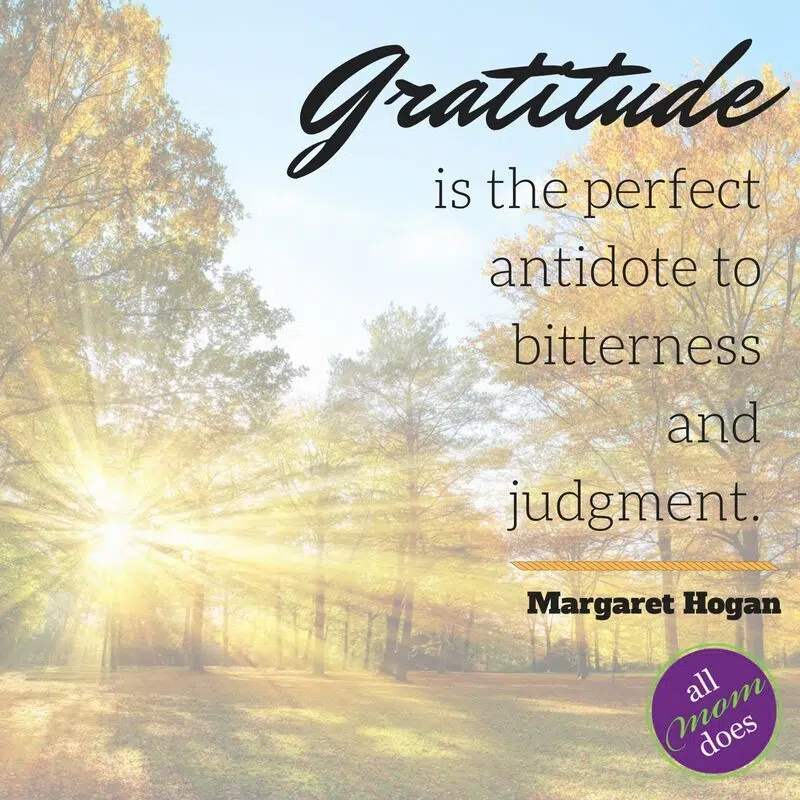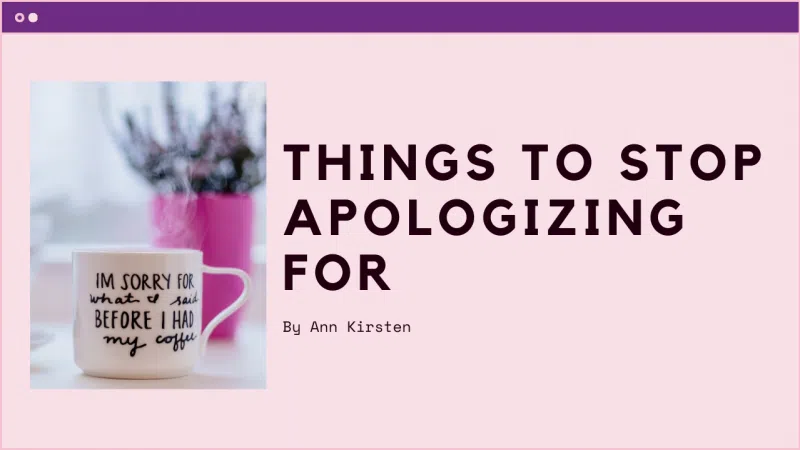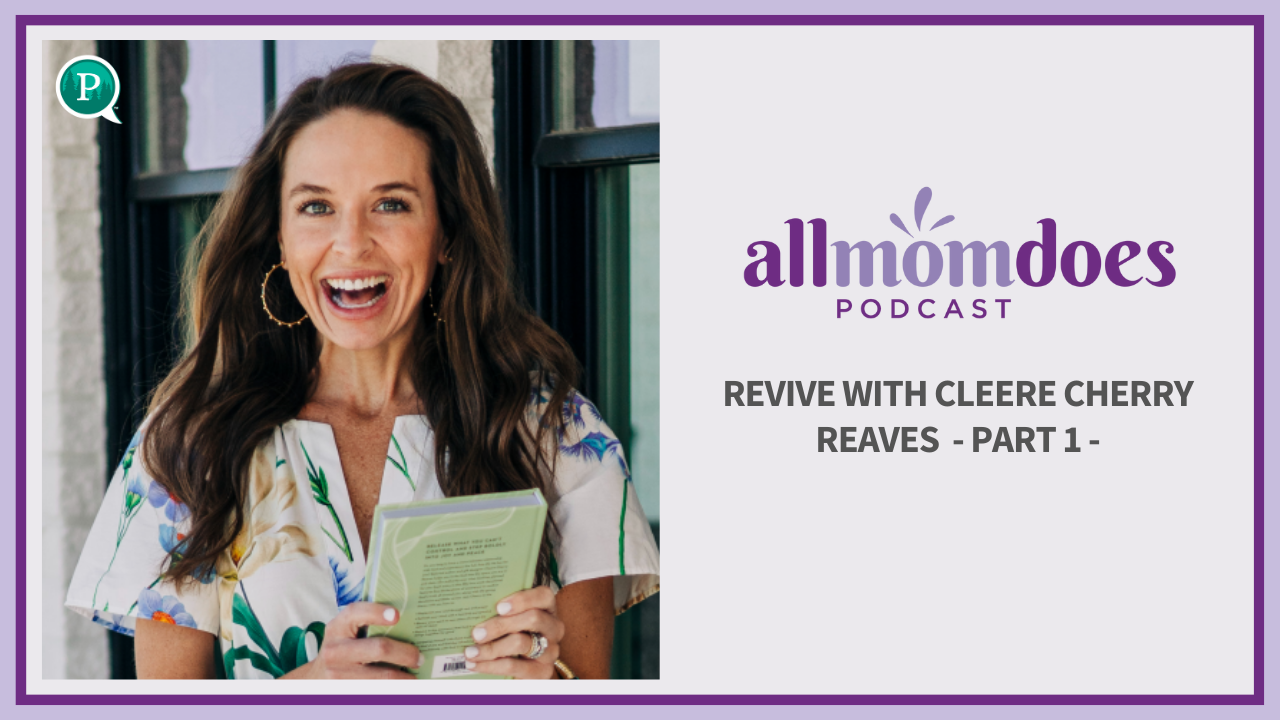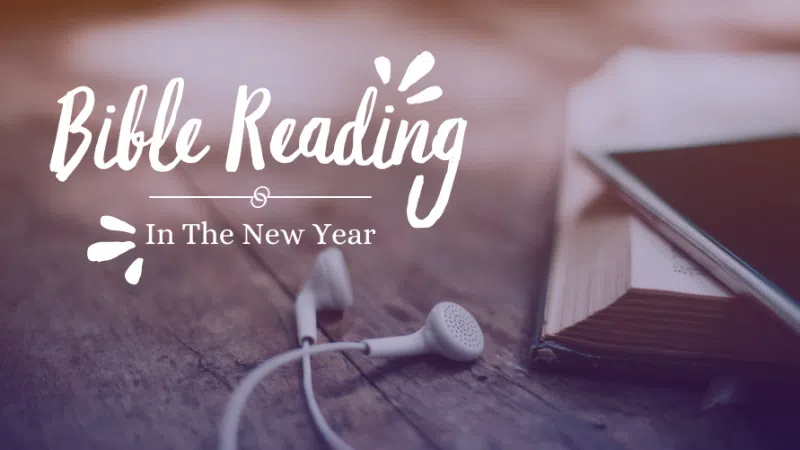During my early to mid-twenties, I found myself in a strained relationship with one of the most important people in my life, my mom. It was hard and awkward and painful. For both of us. The combination of a series of very difficult family conversations, my own journey of finding my voice, the bumpy road of differentiation, my relationship with a man my parents feared was unhealthy, and a lack of common language to help us navigate these challenges together, was the perfect storm for a complete and total breakdown. In this season, although we initially tried, my mom and I could not get on the same page.
Sadly, we let our communication break down. Things got garbled and fuzzy between us. We stopped showing up relationally. We stopped giving each other the chance to try again. We stopped inviting each other to see and be seen. Honestly, it was too hard and too painful. And we began doing what people often do when they are hurt and afraid, we stopped collecting real data and started telling ourselves one-sided versions of the story that had unfolded. And worse, we imagined and fantasized one-sided versions of the inevitable story that lay before us. This only created further distance and ate away at any mutual trust that had we so desperately longed to build.
I got myself to a place in my mind and heart where I simply lost any holy imagination for healing or restoration. I couldn’t dream up a scenario where we could have a real relationship again. And I was growing bitter.
Then, one winter evening, as my part of my job on staff at a high school church ministry, I attended a workshop for potential small group leaders. That night we were discussing teenagers who are in stuck relationships with their parents. Some of these kids were coming from terrible circumstances, with parents that were selfish, aggressive, unkind, and neglectful. You can’t just say, ‘I know things are hard, but you have to be nice.’ That won’t cut it. Not in the face of real life. As we discussed, the woman teaching us said, “We’re asking kids to have respect and love for hard people. It’s no small thing. Here is a simple starting place for these broken relationships: If nothing else, these young men and women can choose to be thankful that God used the mom or dad they are struggling with to bring them into life. They don’t have to agree or even trust their parents. But they can at least start with this.”
And right then, while I was supposed to be learning how to care for teenagers, I learned how to care for myself.
In my angst, I hadn’t considered gratitude. I gasped to myself, “Gratitude is the perfect antidote to bitterness and judgment.” I realized, even if things had gone off the rails with my own mom, no matter what, I could always be thankful to her for life. And thankful to God for using her to bring me into creation. I closed my eyes and whispered, “Thank you.” And in that small moment, I felt my first flash of hope. It was a tiny step, but it was a first step, one that my heart badly needed. Finally, movement after years of being so stuck.
I decided to experiment with this practice of gratitude. Whenever I felt angry, hurt, or afraid about things with my mom, I would stop and whisper thank you. And slowly but surely, my heart began to change. My spirit softened. I was more open to forgiving and to asking for forgiveness. I was able to see her more clearly and interact with the actual mom I had and stop interacting with the mom in my imagination. Gratitude, even though it started small, made enough space for the truth and for healing because it forced me to stop focusing on my fear and pain.
Choosing gratitude is just that. It is a choice. An ongoing decision to find and acknowledge the ways, big and small, that God is near. Even in the middle of heartache, of loss, of shame, of struggle. I have found the more comfortable I am with choosing gratitude and the more in practice I am with expressing gratitude, the more grounded and hopeful my heart becomes. The gift of gratitude is that it safeguards our hearts from bitterness and invites us into peace in the present and hope for the future. Life can be hard, but let’s be people that choose gratitude.
Psalm 100:4 Enter with the password: “Thank you!” Make yourselves at home, talking praise. Thank him. Worship him. (MSG)
He will comfort our hearts.
* * * * * * *
Discuss: Where in your life do you struggle with choosing gratitude?
Can you see how that might be keeping you back from freedom, joy, forgiveness, or hope?
How can you make, Thank You, your password?
Who can you express gratitude to today?
Pray: Dear God, we thank You for giving us another day. For the chance to taste and see that You are good. Remind us that there is power in choosing gratitude. Give us courage to give up whatever is getting in our way of gratitude and freedom. Forgive us. Be with us. Make us more like You. In the name of Jesus, we pray, Amen.

















